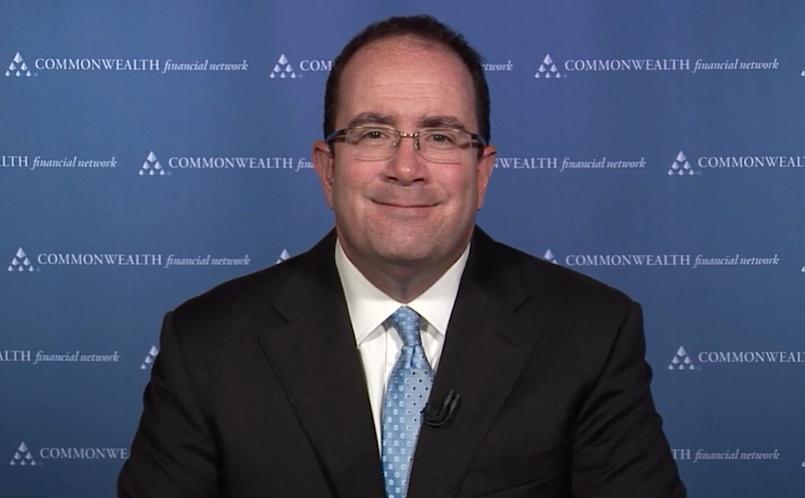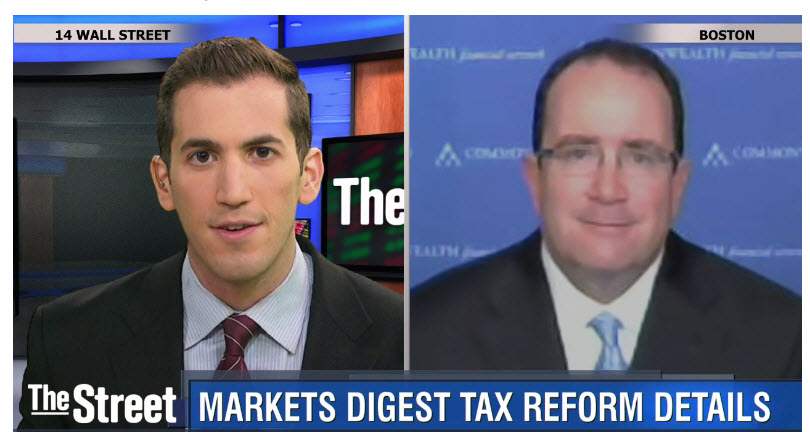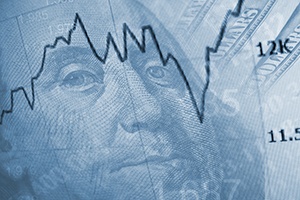September was a great month for the financial markets. All three U.S. indices and developed markets around the world were up. These results are surprising given recent events. The U.S. was hit by some of the worst storms in history. Plus, the North Korea crisis persists, with credible talk of a nuclear war. Still, the markets continue to respond to the fundamentals, like strong consumer confidence and business investment.














